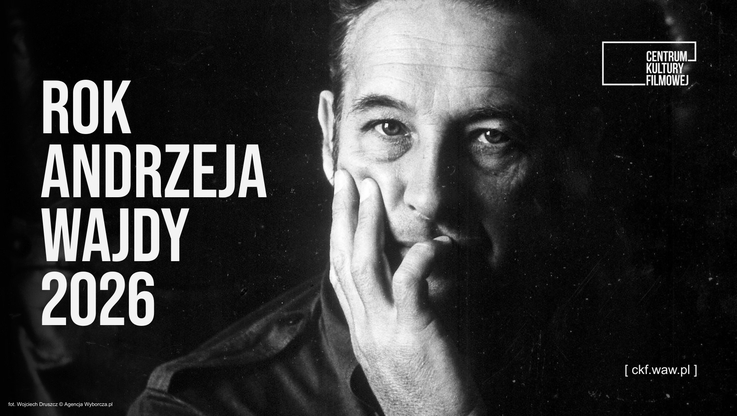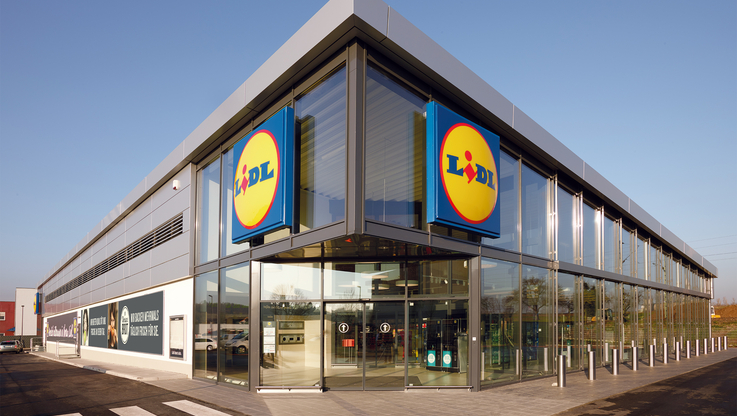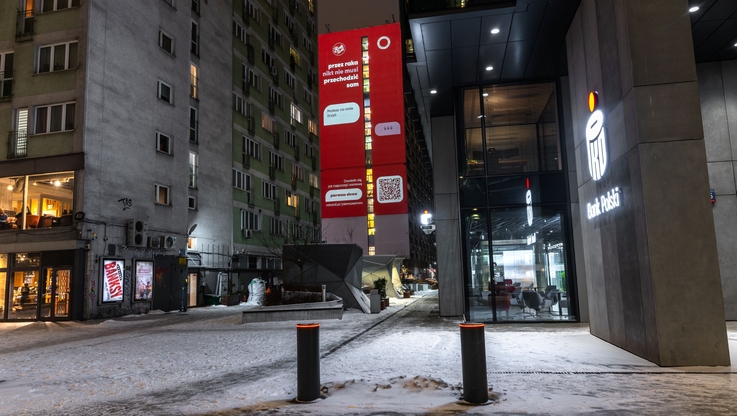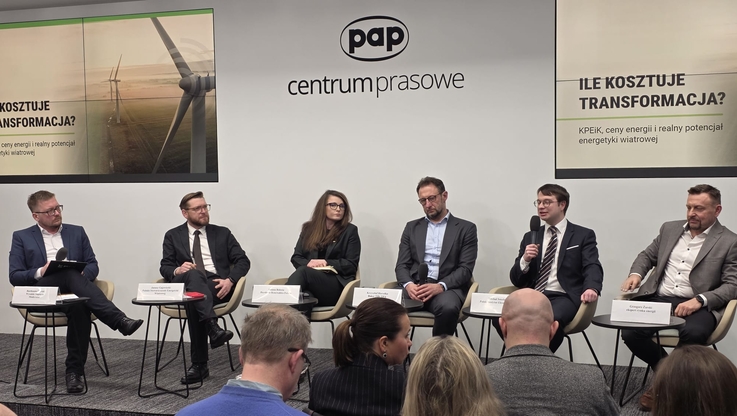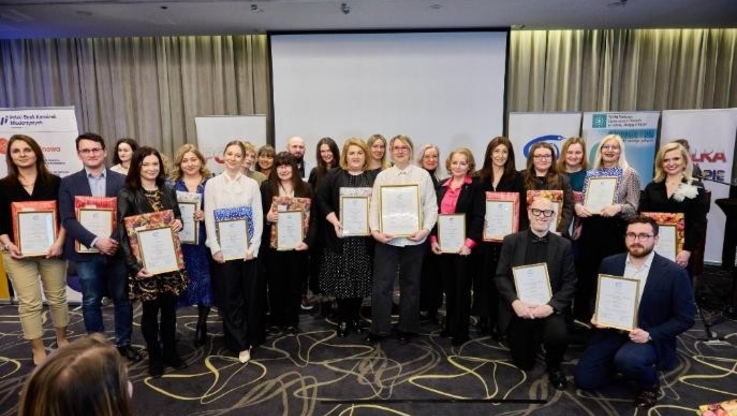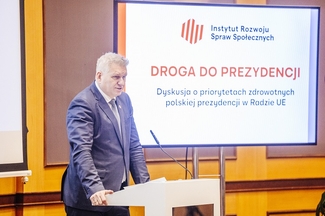Pobierz materiał i Publikuj za darmo
Today, the European Parliament adopted its negotiating position on the Commission proposal for a Regulation on Packaging and Packaging Waste (PPWR). “This represents an important and long-awaited step forward in the legislative process which gets us closer to finalizing a text that will change the future of the way we package products for decades to come” states Guido Aufdemkamp, Executive Director of Flexible Packaging Europe.
Flexible Packaging Europe (FPE), representing flexible packaging suppliers across materials, welcomes the improvements on several points of the Commission’s original proposal. For example:
- Clearer deadlines for recyclability requirements will allow the industry to properly adapt packaging designs and scale up collection and recycling infrastructures.
- Exemptions from specific reuse targets for fundamental flexible transport packaging used in direct contact with food were necessary to ensure the safe movement of food around the EU by reducing food waste, emissions, avoiding contamination and enabling reuse of rigid containers.
Member States will also have to scale up efforts to separately collect packaging but, unfortunately, it would be only voluntary for Member States to sort waste that is not separately collected in order to capture recyclable packaging.
Parts of the Parliament’s PPWR text still remain challenging, namely the new ban on Grade D recyclability performance grade which hinders innovation and could have a significant impact on different packaging formats. Also, the lack of a proper safeguard clauses to avoid the risks of potential lack of availability of recycled plastics or adverse effects on human or animal health, security of food supply or the environment might cause disruption in the supplies of packaging and packaged goods, especially for food. This risk is particularly impacting SMEs.
Equally concerning is the decision of the European Parliament to weaken a full harmonization of the PPWR, particularly by granting freedom to Member States to adopt more stringent national measures. The industry needs a strong single market and homogeneous legislation across the EU to operate.
It is now up to the Council to make sure that these remaining issues are properly addressed during interinstitutional negotiations.
“PPWR signifies a great opportunity to scale up circularity and lower the total environmental impacts of production and consumption of packaging and packaged goods by minimizing the resources used and boosting recyclability”, Guido Aufdemkamp added. Flexible Packaging Europe is looking forward to the next steps of the legislative process, particularly the Council General Approach, due to be adopted by the end of the year. We look forward to continuing to share our expertise with policy makers and support them in achieving an ambitious and enforceable agreement on the PPWR.”
- Picture is available at AP -
About Flexible Packaging Europe
Flexible Packaging Europe (FPE) is the industry association representing the interests of more than 80 small, medium-sized companies, and multinational manufacturers. Those operate with workforce of 57,000+ people at more than 350 sites all over Europe. The member companies account for more than 85% of European sales of flexible packaging made of different materials, mainly plastics, aluminium, and paper. More than half of all food products sold on the European retail markets are packed with flexible packaging.
More info at www.flexpack-europe.org
CONTACT:
Patrick Altenstrasser
Manager Communications
e-mail: altenstrasser@flexpack-europe.org
Source: APA-OTS
Pobierz materiał i Publikuj za darmo
bezpośredni link do materiału
| Data publikacji | 23.11.2023, 12:45 |
| Źródło informacji | APA-OTS |
| Zastrzeżenie | Za materiał opublikowany w serwisie PAP MediaRoom odpowiedzialność ponosi – z zastrzeżeniem postanowień art. 42 ust. 2 ustawy prawo prasowe – jego nadawca, wskazany każdorazowo jako „źródło informacji”. Informacje podpisane źródłem „PAP MediaRoom” są opracowywane przez dziennikarzy PAP we współpracy z firmami lub instytucjami – w ramach umów na obsługę medialną. Wszystkie materiały opublikowane w serwisie PAP MediaRoom mogą być bezpłatnie wykorzystywane przez media. |

